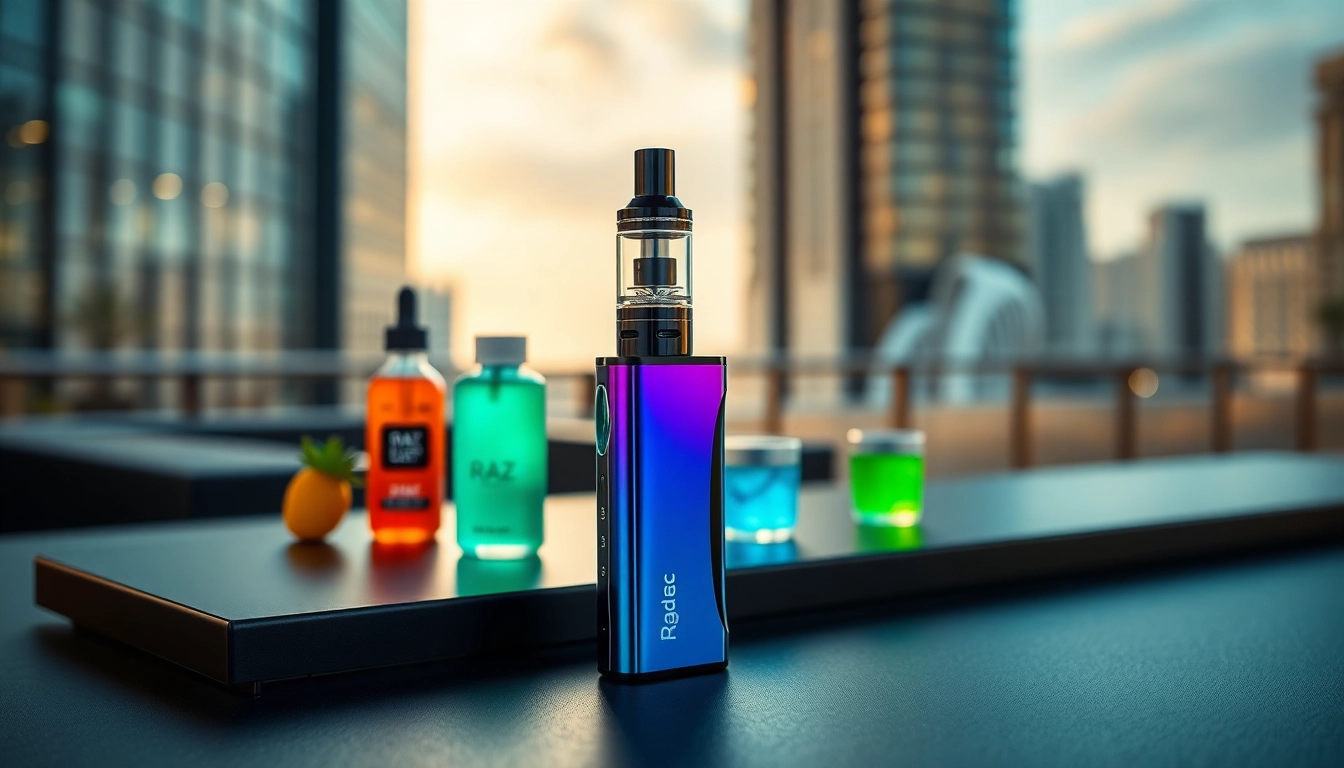
Understanding the Role of Cold Callers in Wholesale Real Estate
What is Cold Calling?
Cold calling is a direct sales technique in which a salesperson contacts individuals (prospects) who have not previously expressed any interest in the offered products or services. This approach is widely utilized in various industries, including wholesale real estate, where a wholesaler seeks potential property sellers to generate lucrative deals. The process involves reaching out to leads via phone calls, often using a pre-prepared script to engage the prospects effectively.
Benefits of Cold Calling for Real Estate Wholesalers
Cold calling can be a powerful tool for real estate wholesalers looking to secure property deals. Here are several benefits:
- Direct Contact: Cold calling allows wholesalers to connect directly with potential sellers, giving them the opportunity to pitch their services and establish rapport.
- Lead Generation: Wholesalers can generate new leads and build a robust pipeline of opportunities, crucial for closing deals in a competitive market.
- Cost-Effective: Compared to other forms of lead generation, such as online advertising, cold calling can be less expensive and offers a high return on investment.
- Immediate Feedback: Engaging directly with prospects allows wholesalers to receive instant feedback on their offers and adjust their strategies quickly.
- Market Intelligence: Through conversations, wholesalers gather valuable insights about market trends, pricing, and potential sellers’ motivations.
Key Skills of Successful Cold Callers
Effective cold calling requires a unique set of skills. Successful cold callers in the wholesale real estate sector often possess:
- Communication Skills: Clear, persuasive communication helps in articulating value propositions to potential sellers.
- Active Listening: Understanding the needs and concerns of prospects is crucial for tailoring pitches and maintaining rapport.
- Resilience: Dealing with rejection is part of the process; resilient callers remain motivated to make more calls despite setbacks.
- Attention to Detail: Taking notes during calls allows callers to remember important information for future interactions.
- Empathy: Relating to potential sellers on a personal level can build trust and improve the chances of closing a deal.
Best Practices for Cold Calling in Real Estate
Creating an Effective Cold Calling Script
A well-structured cold calling script is essential for guiding conversations. Here’s how to create an effective one:
- Introduction: Start with a friendly greeting and identify yourself and your company.
- Purpose of the Call: Clearly state why you are calling, specifically addressing how you can help the seller.
- Value Proposition: Highlight what sets your services apart and how you can provide value.
- Questions: Prepare open-ended questions to engage the seller and discover their needs and situations.
- Closing Off: Encourage the prospect to take the next step, whether that’s scheduling a follow-up call or an in-person meeting.
Utilizing an effective cold callers for wholesale real estate script can significantly improve engagement rates.
Timing Your Calls for Maximum Impact
The timing of your calls can significantly affect your success rate. Research suggests that the best times to make cold calls are as follows:
- Late Mornings: 10 AM to noon is typically ideal, as many people are awake and available.
- Late Afternoons: From 4 PM to 6 PM, people tend to be winding down and more open to conversations.
- Avoiding Mondays: People are often busy catching up on work from the weekend and may be less receptive.
- Midweek Focus: Tuesdays to Thursdays are often the most productive days for cold calling, as people are not distracted by the start or end of the week.
Personalizing Your Approach for Better Engagement
Personalization can greatly enhance a cold call’s effectiveness. Customizing your pitch based on the seller’s profile can lead to more meaningful conversations:
- Research: Before calling, conduct background research on the potential seller’s property and situation.
- Use Names: Address prospects by their names and reference details pertinent to them or their property.
- Empathetic Approach: Understanding and addressing the emotions of the sellers’ situation can create a connection that transcends the sales pitch.
Avoiding Common Cold Calling Mistakes
Top Mistakes Wholesalers Make
Cold calling is challenging, and many wholesalers fall into common pitfalls. Here are some mistakes to avoid:
- Using a Generic Script: Failing to tailor your script to each prospect can lead to disinterest and hang-ups.
- Ineffective Listening: Not paying close attention to what the prospect is saying can cause missed opportunities for connection.
- Being Overly Pushy: Aggressive selling can turn potential clients away; instead, focus on being informative and helpful.
- Ignoring Follow-ups: Failing to follow up on previous conversations can result in lost leads.
- Not Tracking Calls: Without tracking metrics and outcomes, it’s impossible to measure success and improve.
How to Handle Rejections Gracefully
Rejection is a natural part of the cold calling process. Here are strategies to handle it effectively:
- Stay Calm: Don’t take it personally; view rejections as opportunities for learning.
- Ask for Feedback: If appropriate, inquire whether the prospect can share why they are not interested.
- Track Rejections: Keeping a record can reveal patterns that help refine your approach.
- Move On: Quickly transition to the next call after a rejection to maintain momentum.
Learning from Past Cold Calling Experiences
Reflection is key to improvement. Regularly reviewing your cold calling experiences can help identify what works and what doesn’t:
- Document Successful Calls: Keep a log of calls that led to successful deals or connections.
- Analyze Common Themes: Look for patterns in both successful and unsuccessful calls to identify effective strategies.
- Implement Changes: Use insights gained to refine your script and approach continuously.
Metrics to Measure Cold Calling Success
Key Performance Indicators (KPIs) to Track
Measuring effectiveness is crucial in cold calling. Here are some important KPIs to monitor:
- Call Volume: The total number of calls made within a specific timeframe should be tracked.
- Contact Rate: The percentage of calls that result in conversations with leads.
- Conversion Rate: The proportion of calls leading to actionable outcomes, like appointments or deals.
- Follow-up Calls: Tracking the number of follow-ups required to move forward with a prospect.
- Time on Calls: Analyzing how long calls last can identify engagement levels.
Analyzing Call Outcomes for Improvement
Each call interaction holds the potential for lessons. Analyzing outcomes can offer insights into improving future calls:
- Evaluate Outcomes: Review results to determine how often calls lead to meaningful results.
- Identify Interventions: Recognize points during calls that led to hang-ups or disengagement.
- Adapt Strategies: Use these insights to modify your script or approach based on previous interactions.
Adjusting Strategies Based on Performance Data
Constantly refine your approach using data-driven decisions. When shifts in performance are observed, adjust your strategies accordingly:
- Performance Reviews: Regularly assess outcomes and identify which strategies yield the best results.
- Testing Variations: Introduce variations in scripts and techniques based on what works better during analysis.
- Trend Monitoring: Track industry trends that may affect the effectiveness of your cold calling efforts over time.
Finding Quality Cold Callers for Your Wholesale Business
Where to Hire Cold Callers
Locating quality cold callers can be accomplished through various channels:
- Freelance Platforms: Websites like Upwork and Fiverr allow you to find experienced cold callers specializing in wholesale real estate.
- Real Estate Networks: Engage in real estate investor groups or forums, such as those on BiggerPockets or LinkedIn, to find recommendations.
- Job Boards: Post job listings on sites like Indeed or Glassdoor targeting individuals with real estate experience.
Traits to Look for in a Cold Caller
When hiring cold callers, consider the following essential traits:
- Experience in Real Estate: Candidates familiar with the real estate market will have an easier time engaging with sellers.
- Excellent Communication Skills: Critical for articulating value propositions and building trust with potential clients.
- Proven Track Record: Look for individuals or agencies with successful histories in cold calling and lead conversion.
- Positive Attitude: Finding individuals with resilience and motivation is key, as cold calling can be a tough job.
Cost Considerations for Hiring Cold Calling Services
The financial investment in hiring cold callers varies widely based on experience and the service model:
- Freelance Rates: Rates can range from $10 to $50 per hour, depending on the caller’s experience and market knowledge.
- Flat Fees: Some companies may offer a flat fee for a set number of calls, allowing you to predict costs better.
- Performance-Based Compensation: Consider using a model where callers receive bonuses for leads generated, which can incentivize better performance.
- Evaluating ROI: Ensure you have metrics in place to measure the return on investment for cold calling efforts.







